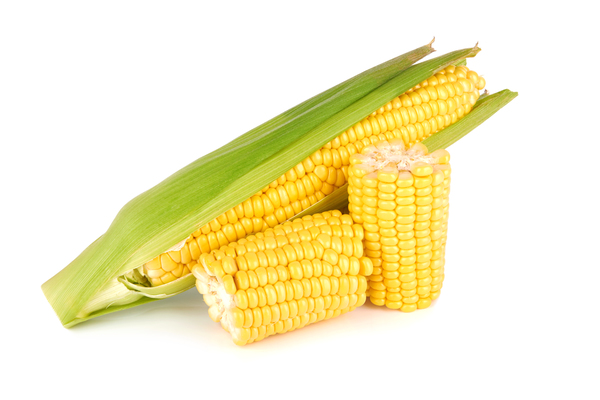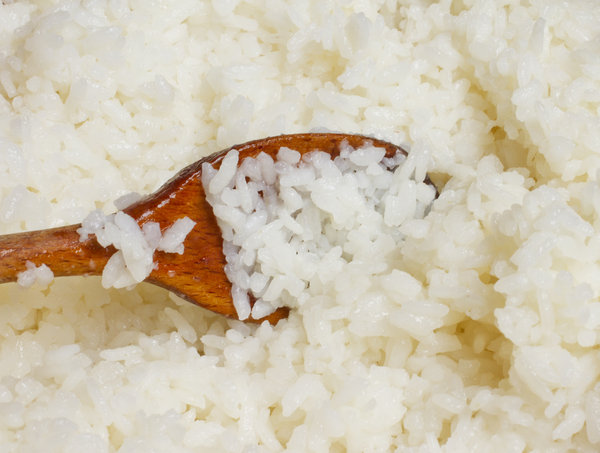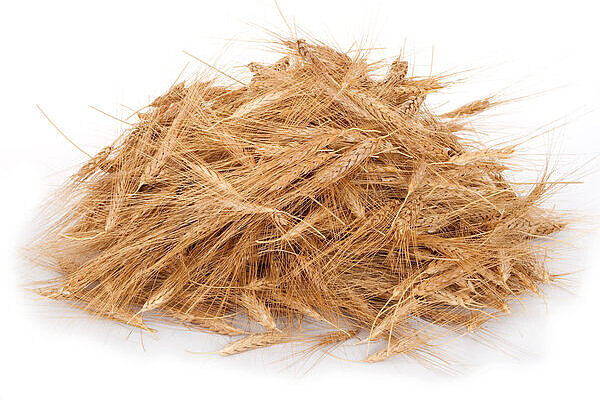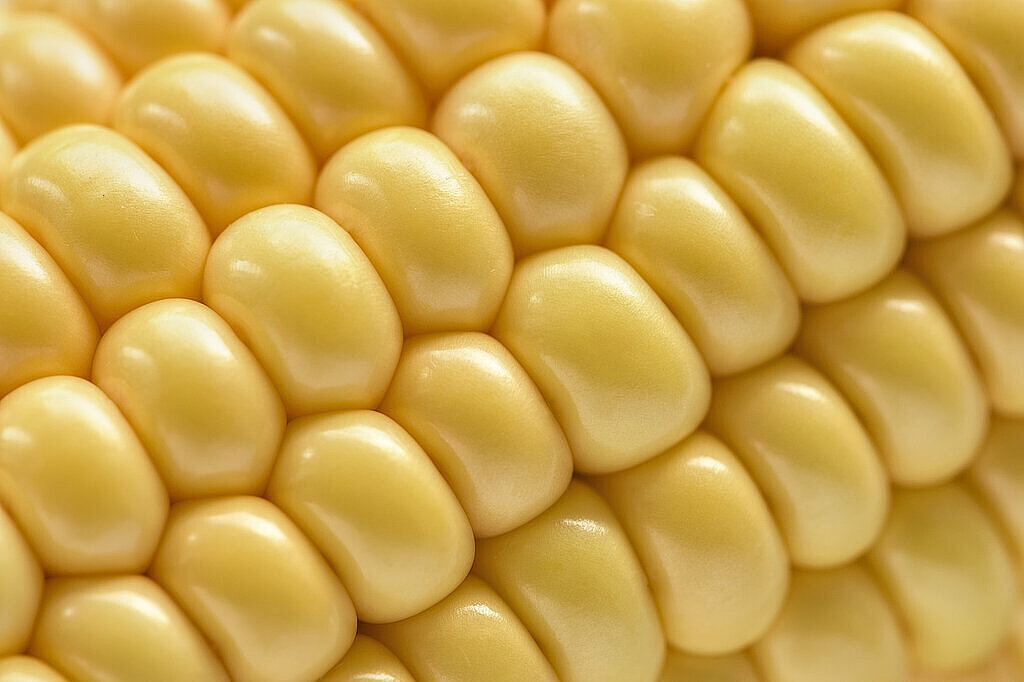Malt germs
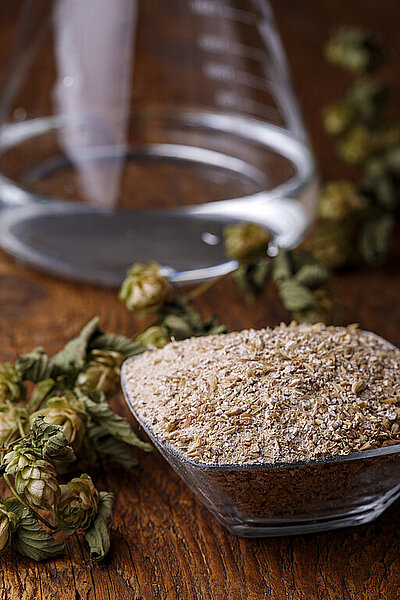
What are malt sprouts?
Malt sprouts are the germs of cereal grains that are used to brew beer. The grains are soaked, allowed to germinate and then dried. The sprouts are then separated from the rest of the grain and referred to as malt sprouts. Malt sprouts contain many nutrients such as protein, fat, fiber, vitamins and minerals. They have a nutty taste and can be used as an additive to various foods.
What are the benefits of malt sprouts for dogs?
Malt sprouts can have several benefits for your dog's health. Firstly, they can aid digestion as they contain fiber, which can stimulate the intestines and improve stool consistency. Secondly, they can boost the immune system as they provide vitamins such as B1, B2, B6 and E as well as minerals such as iron, zinc and magnesium. These nutrients can also nourish and shine your dog's coat and skin. In addition, malt sprouts can be a good source of energy as they contain carbohydrates and fat, which can give your dog energy.
What are the disadvantages of malt sprouts for dogs?
Malt sprouts are not suitable for every dog. On the one hand, they can trigger allergies or intolerances if your dog is sensitive to cereals. On the other hand, they can lead to obesity if your dog eats too much of them. Malt sprouts are quite high in calories and should therefore only be fed in moderation. Malt sprouts can also increase your dog's blood sugar levels, which can be particularly problematic for diabetics.
What should you watch out for when feeding malt sprouts?
If you want to feed your dog malt sprouts, there are a few things you should bear in mind. Firstly, you should always pay attention to the quality of the malt sprouts. They should be as fresh as possible and free from mold or pests. Secondly, you should always pay attention to the quantity of malt sprouts. They should only make up a small part of the daily feed ration and should not account for more than 10 percent of the total weight. Thirdly, you should always pay attention to your dog's reaction. If he shows signs of discomfort, diarrhea, vomiting or itching, you should stop the malt sprouts immediately.
Malt sprouts are an interesting ingredient that can have some benefits for your dog's health. They are rich in nutrients, promote digestion and the immune system and provide energy. However, they are not suitable for every dog and should only be fed in small quantities.
If you notice any signs of hypersensitivity or poisoning in your dog, you should see your vet immediately. We are not a substitute for a vet, but we try to be as accurate as possible. Every dog reacts differently and we recommend you get a second opinion or consult your vet if in doubt.
Stay healthy and take good care of your four-legged friend!😊
Similar to Malt germs
Maize germ is a by-product of starch extraction from maize grains. The maize is degerminated in a wet milling plant after a swelling process. Once the husk has been removed from the endosperm, it is...
Rice germ can be used as an ingredient in dog food or as a dietary supplement. They have various benefits for the health and well-being of dogs. Rice germ can improve fertility in dogs by...
Wheat germ is the sprout of wheat that sprouts from the grain when it begins to germinate. They make up only about 2.5% of the weight of the grain, but contain most of the nutrients. Wheat germ is...
Maize germ flour is a by-product of maize starch production. The maize kernels are first husked and then crushed. The starch is then washed out and dried. The remaining components are the maize germ...
